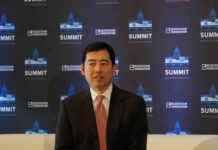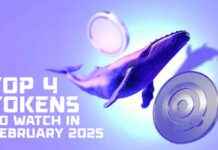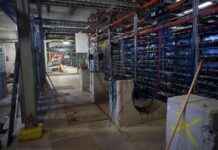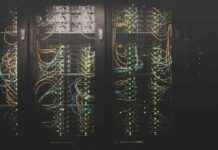Bradley Tusk, co-founder and managing partner at Tusk Venture Partners, spilled the beans on Monday about China’s stronghold on churning out cheap artificial intelligence products in large quantities. However, he made it crystal clear that when it comes to creating top-notch technology and innovation, the United States takes the cake. In an interview on CNBC’s “The Exchange,” Tusk stressed that the key for U.S. companies to stay ahead in the global AI race is free-market competition, not heavy government control.
“If you’re wondering who can whip up the cheapest products that may not be top quality, real quick, then China is your guy,” Tusk said. “But when it comes to producing the absolute best products, the best technology, the best innovation, that crown still belongs to the United States.”
Tusk threw in a word of caution about excessive government intervention. He pointed out that open markets, where companies can freely access global materials and sell products sans stringent restrictions, are crucial for the U.S. to maintain its technological dominance. However, he admitted to not having much faith in any government, regardless of political leaning, to handle such lofty ambitions.
The debate on whether or not to box China in continues. While current U.S. policy focuses on limiting China’s access to cutting-edge chips and AI technologies, Tusk warned that this strategy might inadvertently boost Chinese innovation. He highlighted DeepSeek, a Chinese company that managed to develop a more energy-efficient AI model after being cut off from U.S. technology, as a prime example.
“The more we try to keep them boxed in, the more they might surprise us with their innovations,” Tusk mused.
At the same time, he acknowledged the existence of opposing views. Some believe that isolating China could hamper its progress. “No one really knows for sure,” he remarked, underscoring the complexity and unpredictability of the situation.
Tusk then drew a connection between America’s AI competitiveness and its energy policies. Building cutting-edge AI models requires massive computational resources, which in turn guzzle copious amounts of energy. Tusk urged the U.S. government to streamline the approval process for new energy infrastructure, including nuclear plants and renewable projects.
He expressed his desire to see the Trump administration roll out a program that incentivizes cities and states to engage in a friendly competition to eliminate permitting and regulatory obstacles. He called for the slashing of barriers related to environmental reviews, community approvals, and labor rules that often delay energy projects crucial for fueling future AI growth.
While acknowledging President Trump’s aversion to wind energy, Tusk advocated for an inclusive approach that supports all viable energy sources, be it nuclear, wind, or solar, to meet the nation’s escalating computational needs.
As the AI saga unfolds, one thing remains clear: the battle for technological supremacy rages on, with China and the U.S. going head-to-head in a high-stakes game of innovation and competition. Only time will tell which country emerges victorious in this fast-paced race towards the future.




















